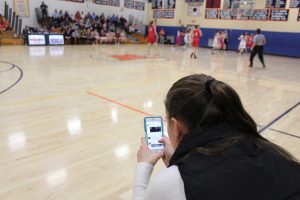
By Emily Martin and Daanya Salmanullah
Recently, Essena O’Neill, an Australian public figure who gained fame through Instagram, decided to quit social media and caused a great controversy over the effects of social media on not only those who just use the applications, but are under the scrutiny of the public eye every day. Even though not everyone is considered to be famous on social media, ordinary people—especially teenagers—still feel the effects of being evaluated by their peers on several applications. With this era’s teenagers fixated on technology, social media has become a prominent factor in the lives of people around the globe. This confusion brings about several major questions: is social media a beneficial tool? Is it detrimental to the upbringing of future generations? Or do we need to find a balance between using social media and living in the moment?
One of the biggest successes in social media stems from people’s ability to alter their images to present a false reality. Applications like Instagram allow users to edit their photos and create an optimal presentation to share with peers and family. Often, these editing tools allow people to show themselves in a more positive light. These devices allow people to empower themselves to be creative and original and let people develop their own aesthetic that they feel comfortable enough to share with others on a public platform.
Editing a photo in order to enhance or distort reality can sometimes have negative effects. For example, in photojournalism, the credibility of an image that is meant to inform the public is brought into question when something as simple as a filter is applied to the photo. In O’Neill’s example, she pledged to quit all social media because of the radical extents she would put her body through to snap the perfect picture—all to get more likes and followers. The importance placed on a virtual following has been the impetus to losing sight of feasible goals within the uses of these media tools.
People fail to realize that photography is not only a means of journalism, but also an art form. Photos function as expedients and present a way to express an idea or feeling without needing to represent a truth. Parallel to this type of photography, surrealism—a style of art commonly depicted through paint mediums—allows the viewer to interpret a truth for him or herself, not holding the artist accountable. Many social media users enjoy using their accounts as an outlet for their creative side, but users must also remember not to focus on the likes of their pictures or the followers of their accounts as a means of how successful they are on social media.
Social media is not a means of validation. Many often define themselves and their “worth” based on the amount of followers or likes they receive; nonetheless, it is up to the user to use social media responsibly, in that they draw their focus away from the likes and the followers, and instead focus on natural and interpersonal relations rather than synthetic ones.
While social media functions as a helpful tool, we are still sacrificing personal and first hand experiences as we capture a fleeting moment on our cell phones. When you see a video of your favorite artist performing live, you do not wish to be that person recording the moment. You wish to be experiencing that moment in its most authentic form. Feeling the pulse from the speakers of your favorite song, legs going numb from dancing for hours, embracing the aura filled with pure happiness and adrenaline — free from distraction. Life may fly by, but it is better captured in your memory than an immaterial screen.


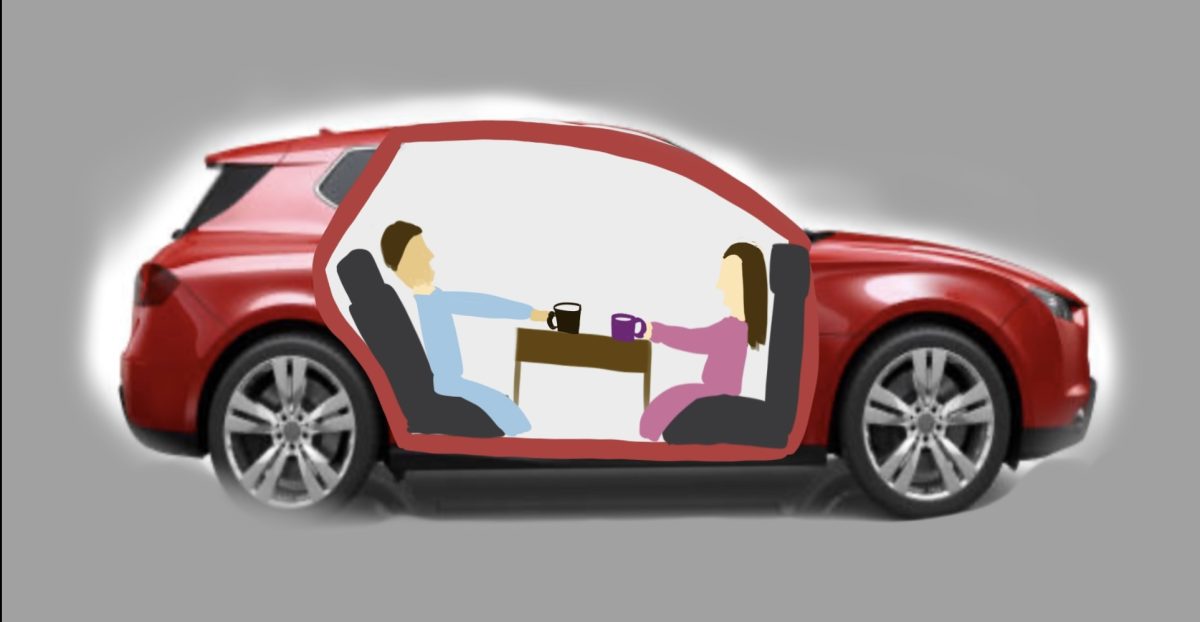
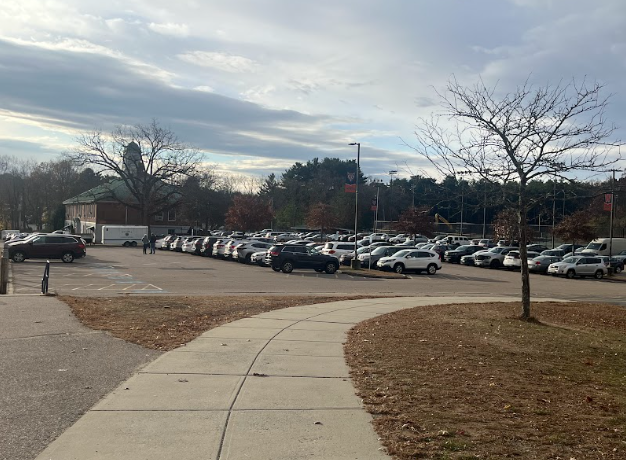
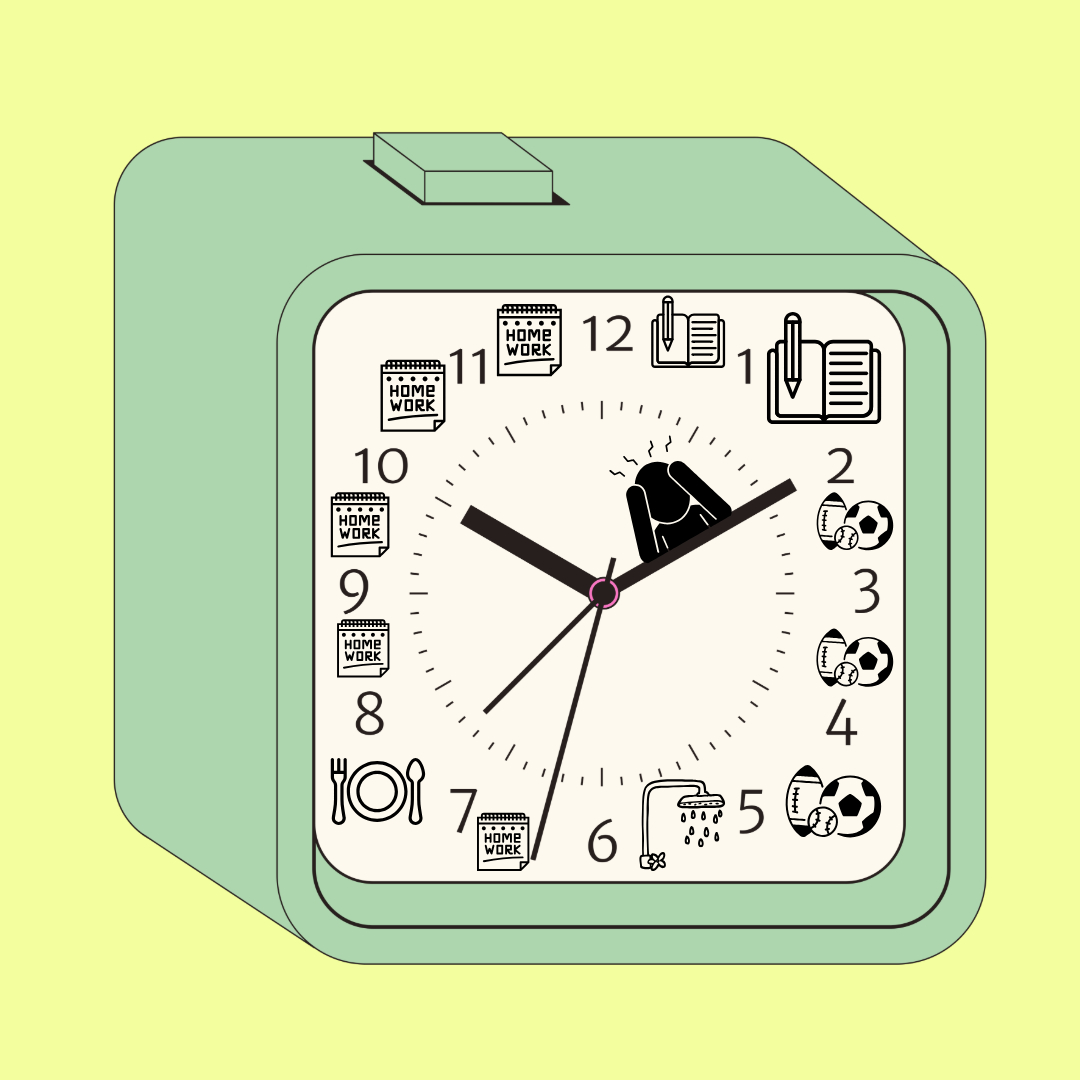
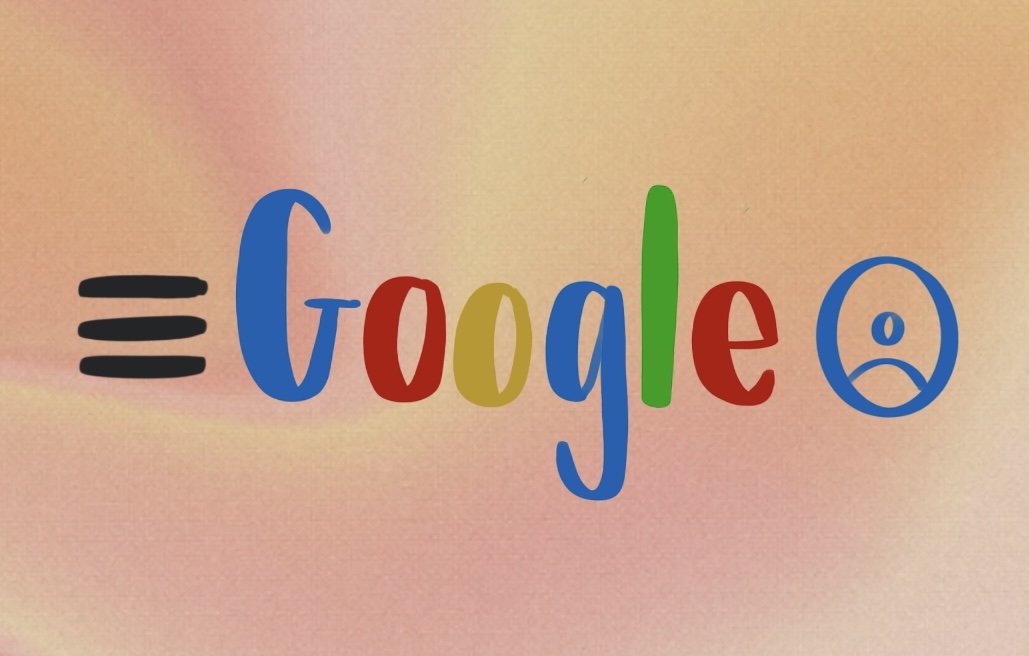
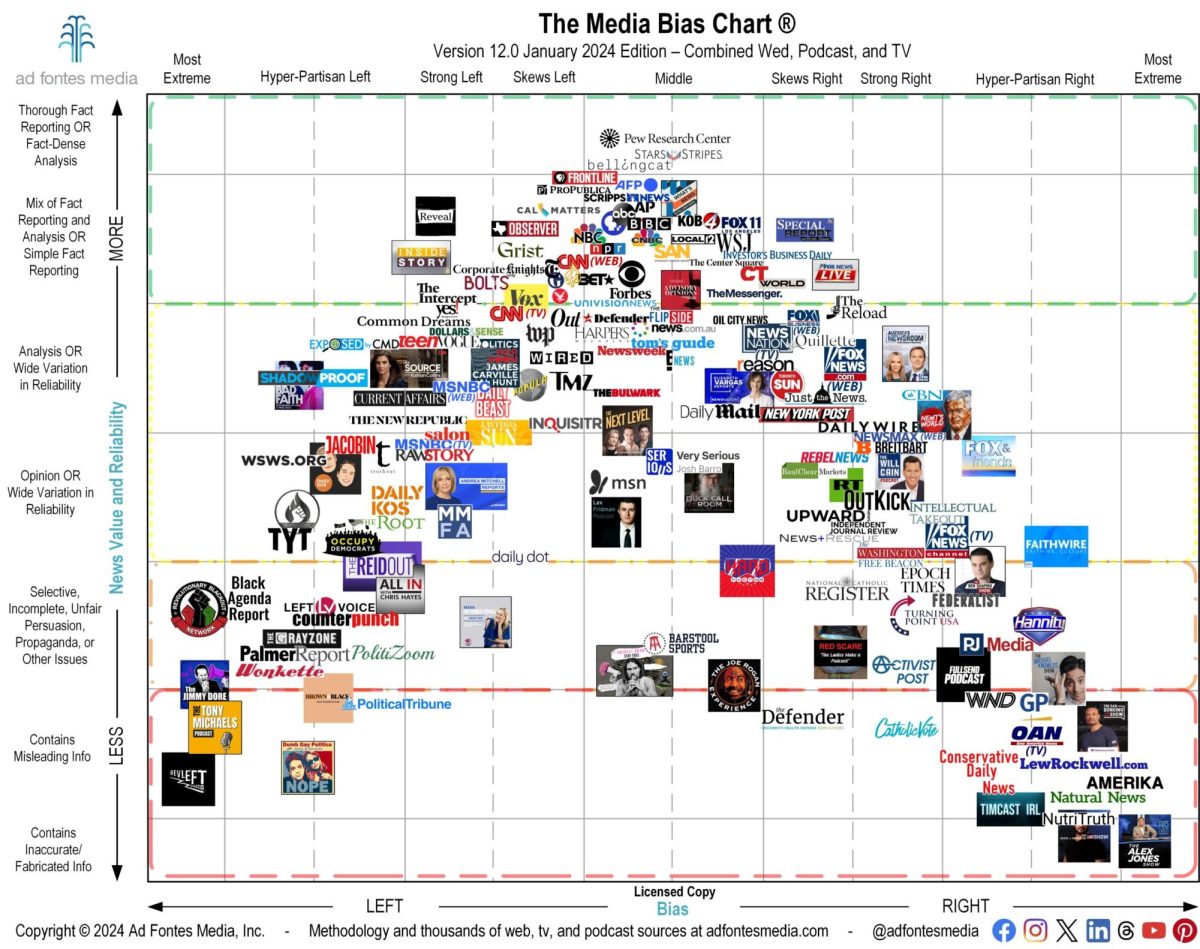
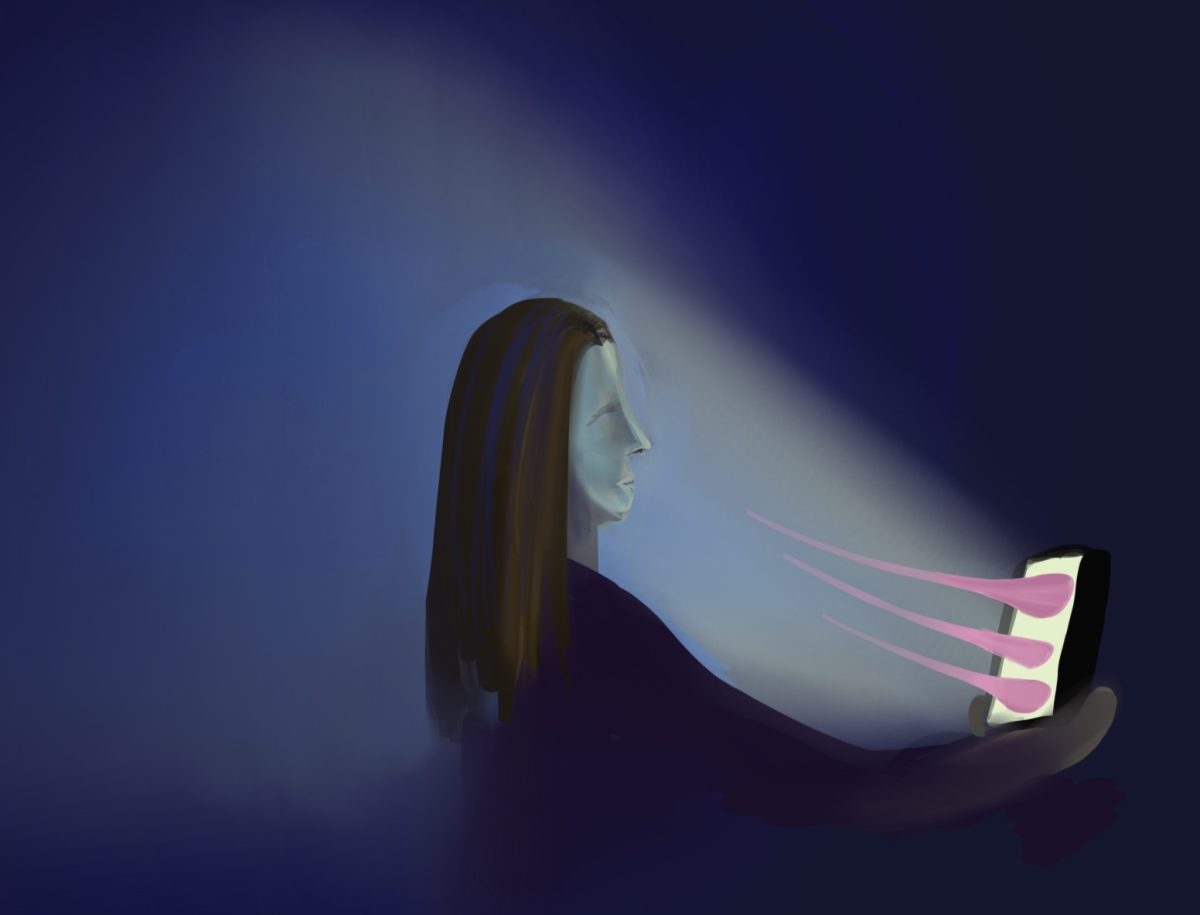


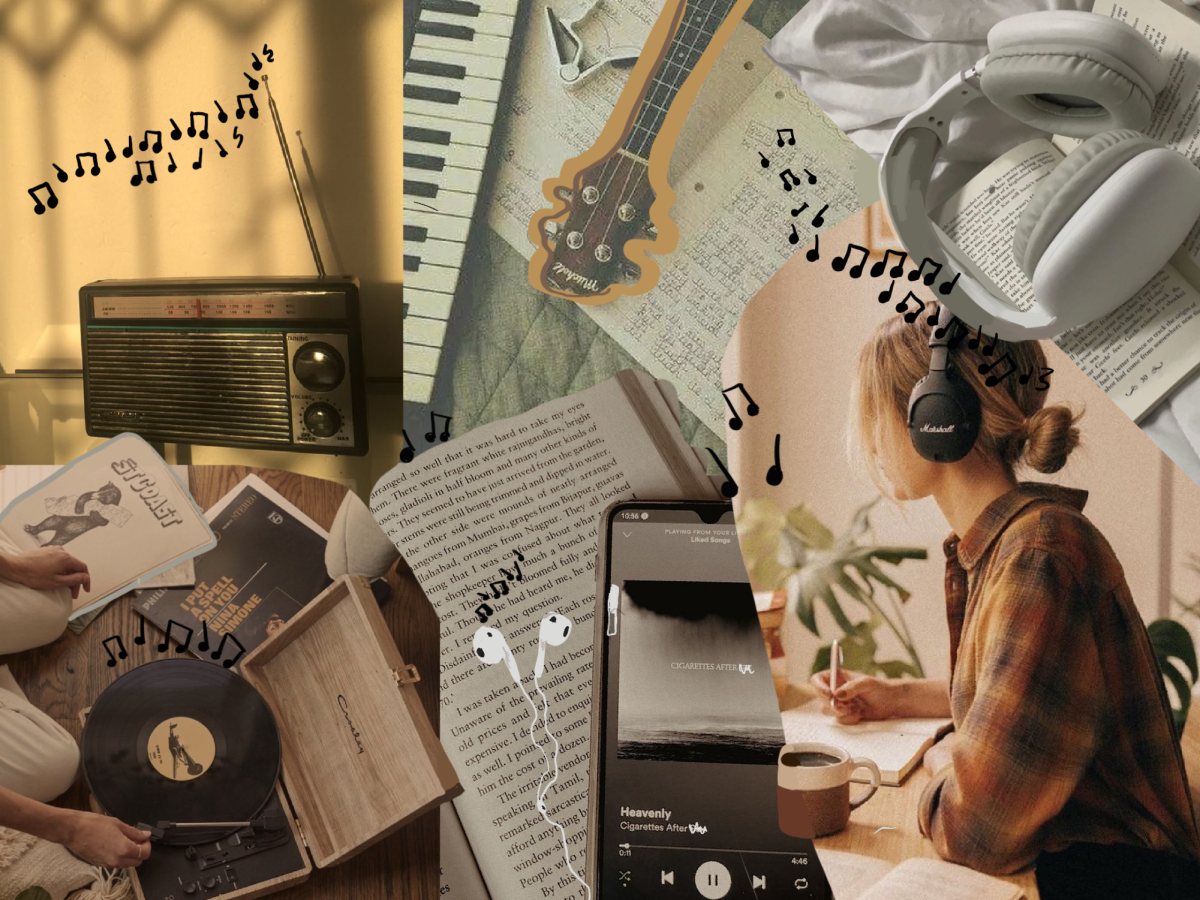

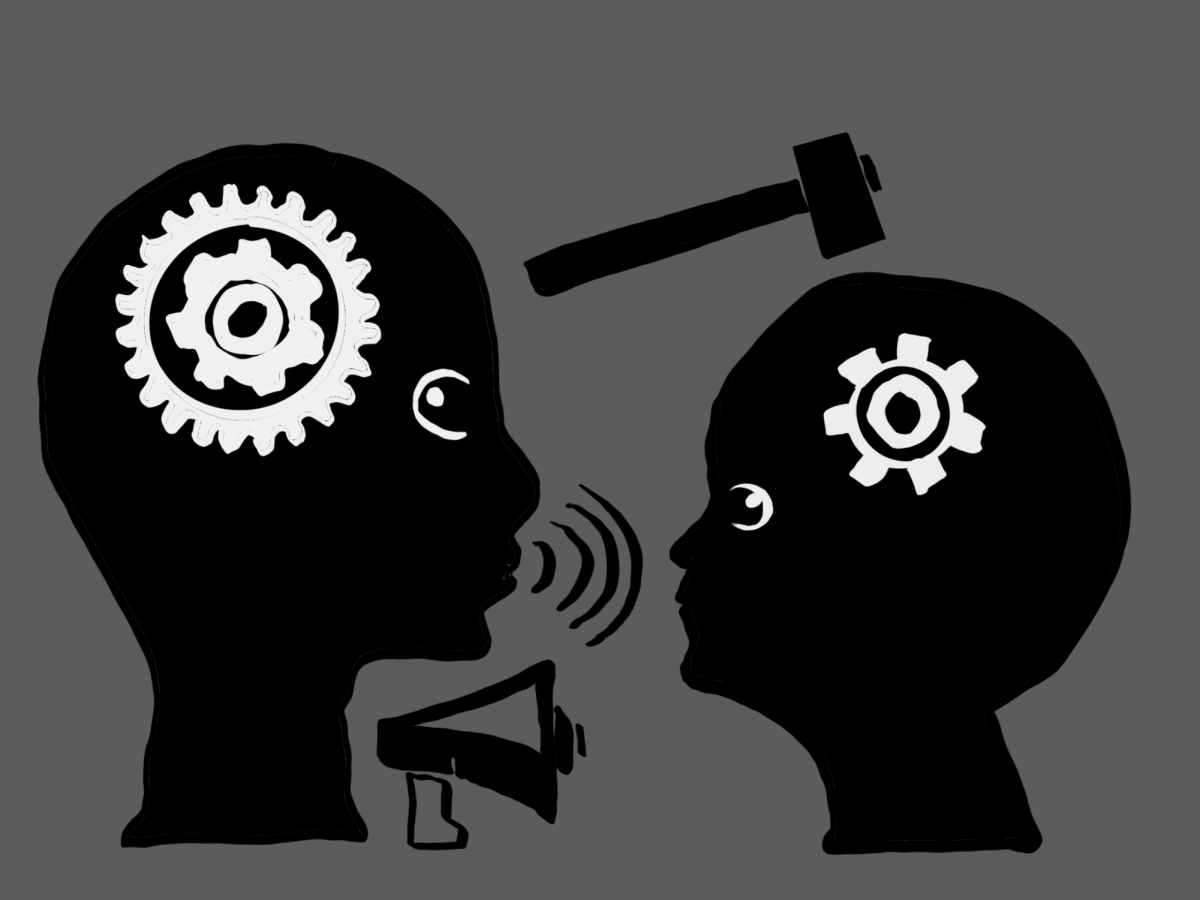
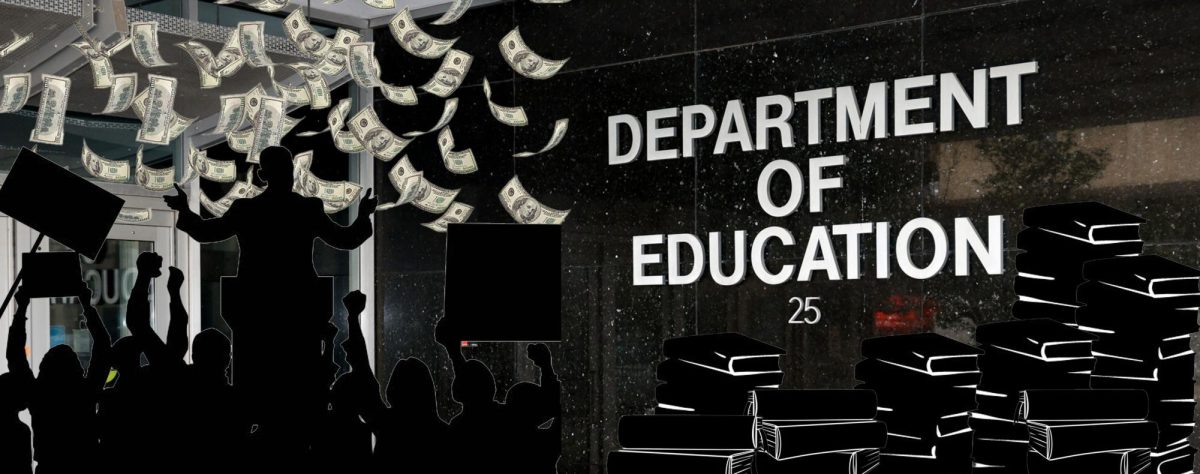
Jordan Rice • Jun 8, 2019 at 12:52 pm
social medial is really a distraction cause it’s stopping us from achieving our goals and like the passage said we only care about how many like’s can this picture get or how many followers do we have today i feel if everybody put their phones and just focus on the bigger picture this world would be a better place.